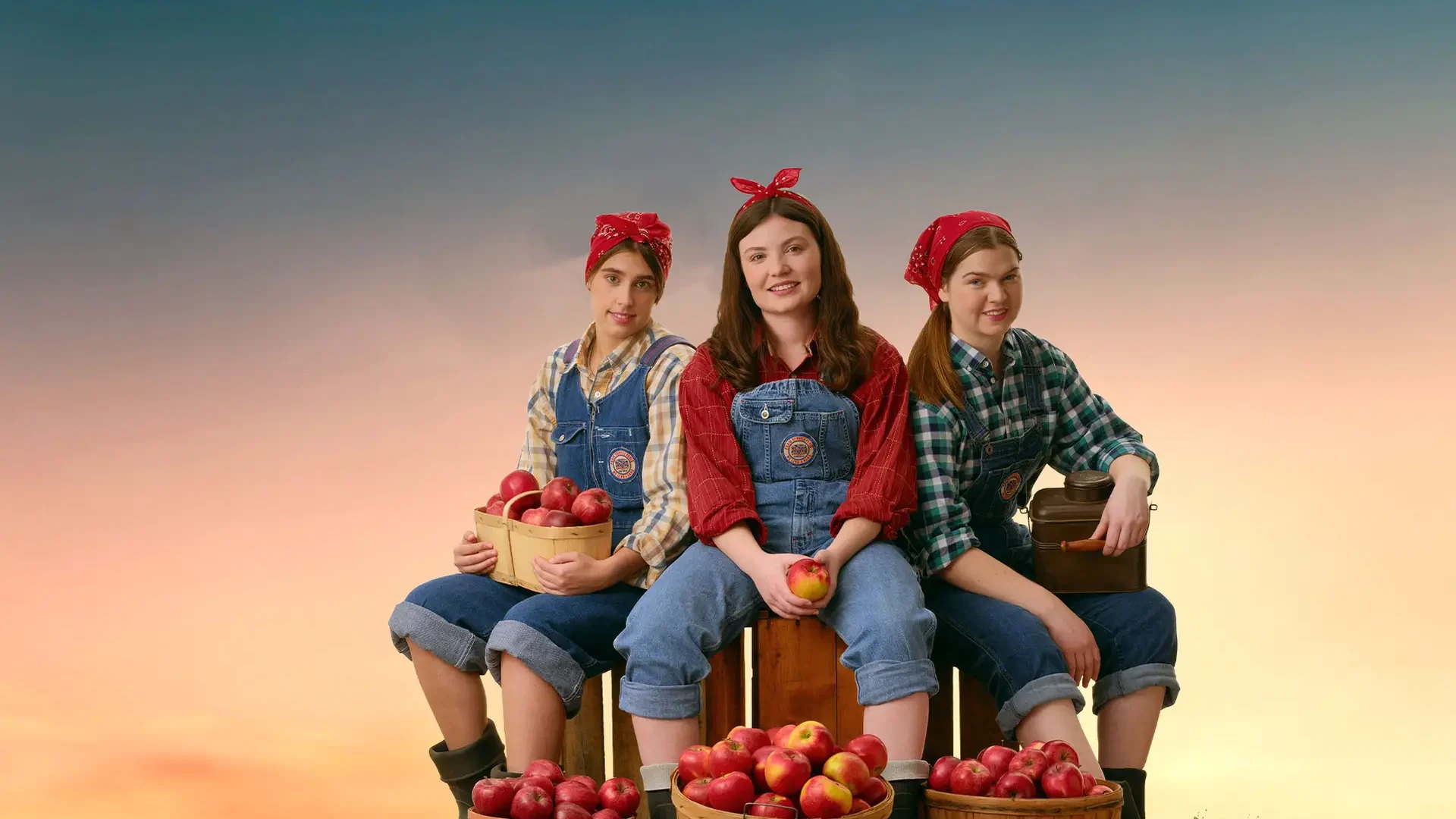What’s a farmerette? That’s what you’re probably asking right now. Unless you just used an extremely overused search engine to find out that answer, I can tell you that a farmerette is a woman who works on a farm helping tend to work that men usually do even though there aren’t men around to work. This story is about the farmerettes of Ontario. We open up on a woman named Bonnie Sitter at her very messy house full of photos, documents, and assorted books. Sometime after her husband died, she found an old photo of some women who looked like farmhands. Expecting to scope out names on the back, all Bonnie found were the words “About 1946” and “Farmerettes”. Right then and there, she went into researching what farmerettes were, even saying she got inspiration from her hardworking dad who was in the war. He had a brother named John who died an unfortunate death so they never got to see each other and a history lesson shows us how Hitler took over a large amount of country and forced a blockade so that food and cargo for Britain ended up lost at sea. That’s when in 1941, farmerettes were introduced. HIghschool girls were encouraged to volunteer at farms, orchards, canneries, and companies to help harvest more food. It probably isn’t too common these days, because the highschool girls I knew were too concerned about their nails getting ruined. But then the men back in those days, were listed for military service and couldn’t take care of the farming while fighting for their countries. It was even in issue in Canada, and educational films helped get those youngsters into manual labour. Bonnie shares her findings and discovered how some of her friends in the community were involved. Shirleyan English once submitted advertisements to newspapers in 1995 asking for farmerettes to come forward and share their stories as well as any pictures they had. Together, Shirleyan and Bonnie wrote a book about farmerettes. Other farmerettes share their story in the documentary about how they got away from their parents and school, and also to learn something else. Bonnie had also taken a trip to a wide assortment of farms to learn about their history and where the start of the farmerette story began. There was some body pains and strains, but eventually the farmerettes had fun and got along well with each other. The farmerettes also shared the fascinating story of how they hitchhiked when it was acutally significantly safer. We also see some interesting facts about certain events during WWII while the farmerettes had some involvement with these happenings.
While this documentary was somewhat shorter than the usual, it was full of information that provided a large amount of nutrition as brain food for one’s education diet. Colin Field knew just what to capture and how to capture it, and the interviews with actual farmerettes were both entertaining and informative. A long title, a short format, a worthwhile watch.
There’s more details here. Take a look.

